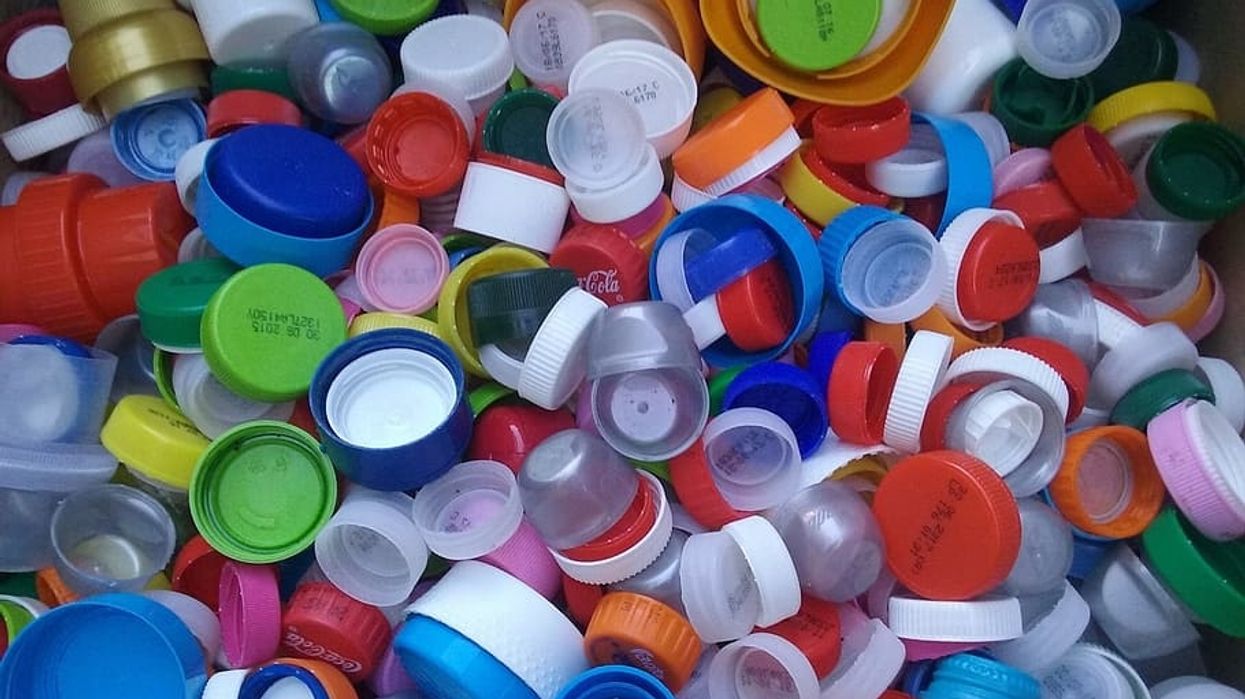According to a recent study in Reproductive Toxicology, female rats exposed to low doses of bisphenol A (BPA) in the womb and during infancy undergo puberty at a younger age.
In short:
- BPA, a chemical commonly used in plastics, is known to have a wide range of negative health impacts, including impaired neurological development, cancer, and reproductive health issues.
- In addition to early puberty, BPA was also associated with changes to the rats’ body weight, with exposed rats weighing more than average at the onset of puberty.
- The BPA exposure in this study took place via ingestion, the most significant means of BPA exposure in humans, and occurred at levels that humans are also exposed to.
Key quote:
“Due to its widespread use, BPA has been detected in human fluids and tissues, including pregnancy-associated fluids [and] breast milk… it appears that neither breast-feeding nor bottle-feeding can help avoid exposure.”
Why this matters:
The average age girls start puberty has been dropping globally over the past 40 years. Although the negative health consequences of direct exposure to BPA are well established, there are fewer studies on the effects of indirect exposure via the umbilical cord or breast milk - forms of exposure that are associated with the most sensitive periods of development. With new data out of Europe suggesting that current safe BPA exposure limits may need to be cut as much as 20,000-fold, the authors of this study highlight the need for more research into the dangers of BPA exposure in infants and other vulnerable populations.
Related EHN coverage:
Jiang, Chenyan et al. for Reproductive Toxicology vol. 124. Mar. 2024


















